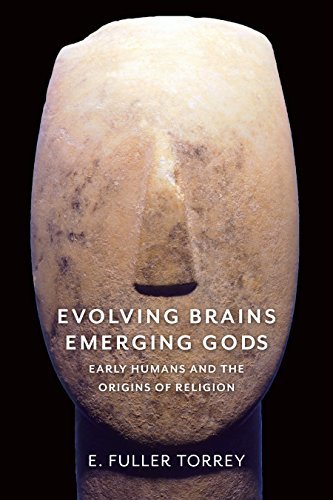What do you think?
Rate this book


298 pages, Kindle Edition
First published September 5, 2017
Arguing that a specific cognitive skill is associated with a specific stage of hominin evolution of course does not mean that this skill developed only at that time.
Previously, it was thought that Homo erectus had descended from Homo habilis, but recent archeological research suggests that Homo habilis and Homo erectus lived side by side in what is now northern Kenya “for almost half a million years,” making this evolutionary sequence less likely.